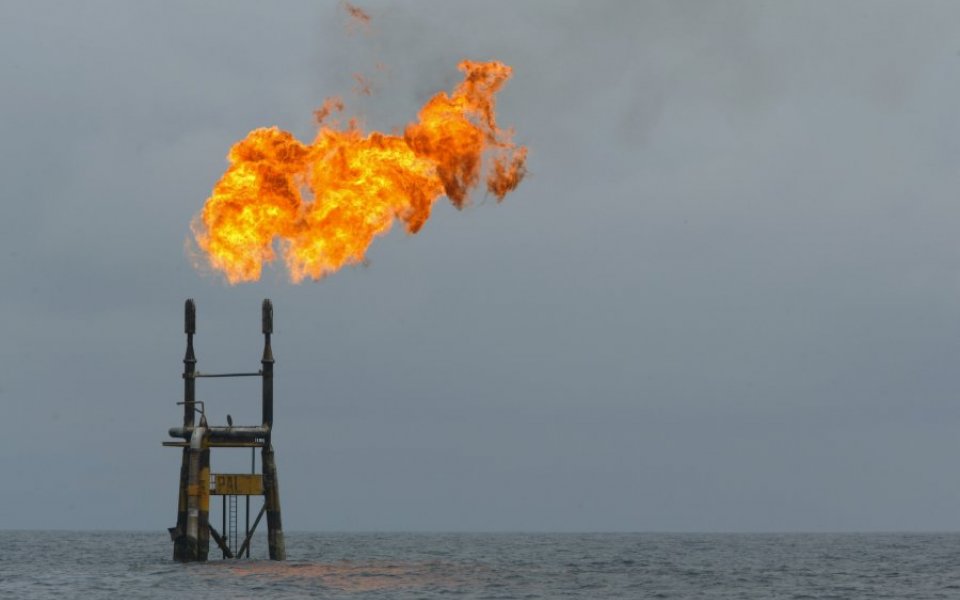Brent crude oil prices near seven-year low after Opec decision

Oil prices have hit lows not seen since the beginning of the financial crisis and the collapse of Lehman Brothers, due to concerns the supply glut will continue into 2016.
Brent crude was trading at $40.71 per barrel at the time of print, while the US benchmark West Texas Intermediate (WTI) dipped to lows of $37.54. The selloff was sparked by oil cartel Opec’s latest meeting collapsing without agreement on a production level ceiling on Friday.
Richard Mallinson, oil analyst at Energy Aspects, told City A.M.: “Until we see a tightening between demand and supply, prices will continue to fall. There is mounting evidence that the supply is slowing.”
A fall in US production will be offset by a surge in Iranian oil coming to market next year. Sanctions are lifting on the country and Iran plans to increase oil production from three million barrels a day to five million by 2020.
Saudi Arabia, Opec’s de facto leader, wants to keep oil prices low to pressure shale oil producers in the US. Shares in oil firms plunged yesterday. Royal Dutch Shell bombed 4.5 per cent, BG Group's shares dropped 4.1 per cent, and BP’s stock fell 3.3 per cent. Shares in Tullow Oil closed down 8.4 per cent.
Read more: Low oil prices here to stay as Opec unmoved
Opec's secretary general, Abdullah al-Badri, said it could not agree on any figures because it was unable to predict how much oil Iran will add to the market next year.
Market participants have since suggested the group failed to reach an agreement due to internal discord.
Saudi Arabia wants to hold production to defend its market share from the US shale gas industry, which has higher production costs, and finds it more difficult to operate in a low oil price environment.
Poorer members such as Venezuela and Algeria, whose economies feel the impact of low oil prices more quickly, had been pressuring wealthier members to curb supply and spark prices.